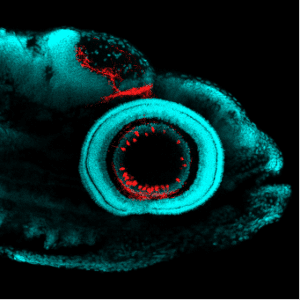
Tracing the many paths of vision
December 23, 2020
New study decodes the molecular diversity of neurons in the zebrafish retina.

December 23, 2020
New study decodes the molecular diversity of neurons in the zebrafish retina.
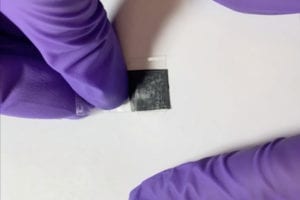
December 17, 2020
While many cities and eight states have banned single-use plastics, bags and other polyethylene packaging still clog landfills and pollute rivers and oceans. A new chemical process developed at the University of California, Berkeley, converts polyethylene plastic into a strong and more valuable adhesive.
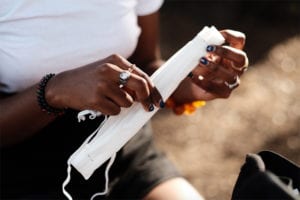
December 15, 2020
Eight months after a Ph.D. student and a research assistant turned a UC Berkeley lab into a makeshift hand sanitizer factory, soon producing nearly 500 gallons a week for free distribution to Bay Area residents in need, the project has grown into a formidable mutual aid organization in California during the COVID-19 pandemic.

December 14, 2020
Fans of Candy Crush Saga, Flow Free or Minesweeper should check out a challenging new mobile game app, hexxed, that will stretch your brain as it helps brain researchers understand human strategic thinking and perhaps improve the reasoning of artificial intelligence.
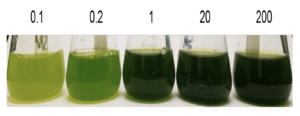
December 14, 2020
Graduate student Helen Liu discusses how scientists are using the diversity of algae to discover novel adaptations that enable survival in low-iron nutrition, a limiting trace element for photosynthetic organisms, in the hopes of increasing crop production in iron-starved regions.
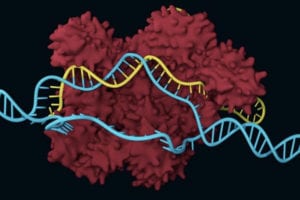
December 10, 2020
CRISPR-Cas9 makes it easy to knock out or tweak a single gene to determine its effect on an organism or cell, or even another gene. But what if you could perform several thousand experiments at once, using CRISPR to tweak every gene in the genome individually and quickly see the impact of each?
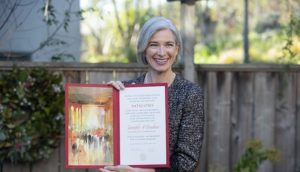
December 10, 2020
Jennifer Doudna’s trip to Stockholm had to be postponed, but a delegation from Sweden delivered the Nobel Prize medal and diploma to her doorstep on Dec. 8.
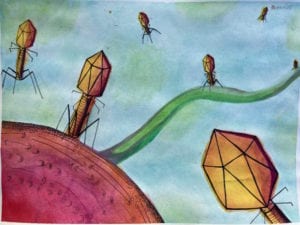
December 10, 2020
A new genetic approach can accelerate the study of phage-microbe interactions with implications for health, agriculture, and climate.